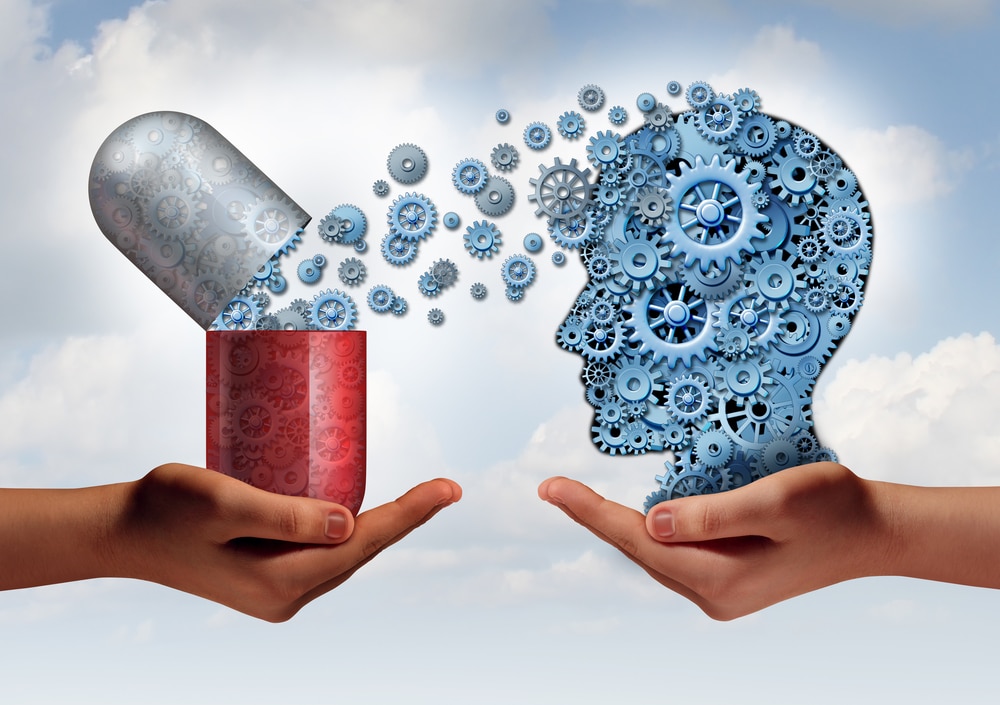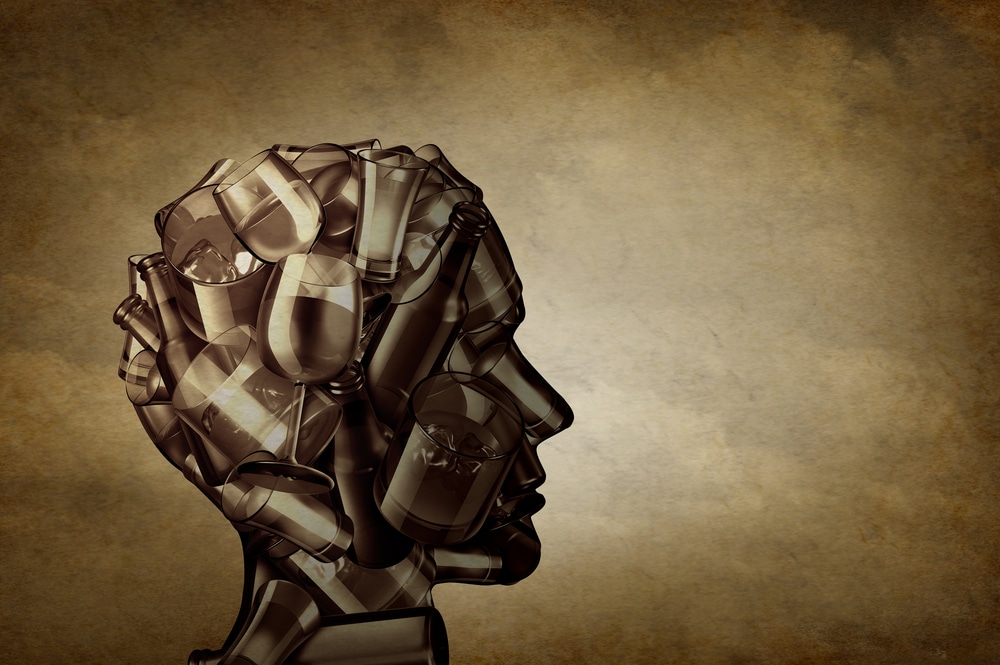Many people who have started using addictive substances are not aware that the harmful chemicals found in drugs and alcohol may change brain chemistry. A person’s brain goes through substantial changes, especially before age 25. The brain’s neurotransmitters are capable of adapting while seeking balance in its production of dopamine, and interrupting this process with addictive substances can have long-term repercussions.
Repeated and prolonged substance use can reshape the brain’s “reward system” (the basal ganglia), the emotional regulation unit (the amygdala), and the impulse control and decision-making center (the prefrontal cortex). These effects are why recovery experts call addiction a brain disease. Addiction recovery is about more than just ridding substances from one’s body; it takes time for the brain to heal from the many negative effects of substances.
How Long To Reset Brain After Detox?
The normalization of brain structure and chemistry takes time. First of all, the brain must detox all substances, which can take days or weeks. While certain parts of the brain can recover in a short time, others may take longer to recover. This does not mean that recovering individuals do not have immediate agency over positive changes. Their continued health and wellness practices, such as regular exercise, a healthy diet, good sleep patterns, and hydration can all enhance the recovery of brain cells.
Most treatment centers design their residential programs to include 60 to 90 days of intensive treatment because the brain’s dopamine production can return to pre-addiction levels during this time, at which point sobriety becomes more sustainable. However, co-occurring mental health issues may also prolong the process. A person in recovery’s brain needs to be trained to re-develop healthy dopamine production, neural function, and emotional regulation before they can transition to an outpatient or home environment for the best outcomes.
Can the Brain Heal Itself?

The human brain is a highly adaptable organ. Because of its plasticity, the brain is also vulnerable to changes from substance addiction. Recovery experts have found evidence-based methods to help the brain “unlearn” addictive behaviors. This does not mean that the brain can heal itself overnight, but it can happen with new routines and the help of proven therapies.
The journey of recovery is essentially supporting the brain to re-activate its natural processes without the help of addictive substances. This needs to happen with a strong support system, ranging from medications, counseling, peer support groups, and relapse prevention plans. Healing begins after the brain starts recovering the volume of its lost grey matter, which may happen within a week or two after detox. Recovering other areas of the brain and the white matter in the prefrontal cortex can take months or longer. Still, the brain is a powerful organ, and when it is allowed to do what it’s supposed to without interference from substances, it can do an incredible job of self-restoring natural functions.
How Does Behavioral Therapy Help the Brain Heal?
Cognitive-behavioral therapy is one of the most common methods used in addiction treatment. It helps recovering individuals identify and unlearn negative thoughts and behavioral patterns. These therapy sessions retrain the brain after it has been damaged by substance abuse. Sometimes therapists will teach clients mindfulness and meditation—proven methods to heal the brain—as a way to manage stress and regulate cravings.
Cognitive-behavioral therapy is versatile in treating addiction because it can be integrated into just about any treatment plan. It can also work alongside nutrition counseling, lifestyle coaching, and family therapy. Because the human brain is a complex organ directing many facets of life, healing it requires many forms of treatment.
What Self-Care Practices Help the Brain Heal?
Symptoms of poor brain function may manifest in memory loss, fatigue, brain fog, anxiety, and depression. To help the brain heal from daily stress and the ongoing challenge of cravings, sleep must be a priority for those in recovery. Sleep is when the brain detoxes itself. Research shows that sleep clears the brain of damaging molecules associated with neurodegeneration because the space between brain cells may increase, allowing the flushing of toxins.
An anti-inflammatory diet that can build a positive gut-brain connection is also a big help in recovery. Nutritionists have found that food may impact mood because gut-related and intestinal problems may increase inflammation, which affects the brain. To fight free radical damage and boost a positive gut-brain connection, individuals in recovery should eat a wide range of “brain foods” with anti-inflammatory, antioxidant, and anti-carcinogenic effects. These effects can also be reached through supplements for brain health.
Another way for recovering individuals to boost their health in recovery is through physical activities that increase glymphatic activity and brain plasticity. These include regular exercise, spending time in nature, and enjoying sober social relationships. To minimize the stress that reinforces harmful neurological pathways, one should minimize the time spent using technology. In due time, perseverance and intentionality in enhancing good brain health can increase one’s recovery progress immensely.

How Long Does It Take The Brain To Heal From Addiction
Did you know that substance addiction is a brain disease? Healing takes time because the brain needs to unlearn addictive habits. If you or a loved one is going through addiction recovery, know that brain health is one of the most important aspects of treatment. Good sleep and food are particularly important for the brain to heal.
At Laguna Shores Recovery Center, our licensed mental healthcare professionals and therapists embrace a holistic approach to recovery. Our programs address addiction and its co-occurring mental health issues with an eye toward good brain health and sustainable sobriety. Our residential facility offers a range of treatments including diagnosis, behavioral therapies, 12-step programs, and custom treatment plans. We also work with other healthcare providers in the area to collaboratively support our clients. Call Laguna Shores to start your recovery process today.
References:

 Matthew Beck B.A, M.A, LMFT
Matthew Beck B.A, M.A, LMFT 


